Kinds of Discipline by Admas:
The old educationists were of the opinion that punishment is the only instrument by which a child can be made disciplined. Repression of his impulsive action is only possible through punishments.
According to Admas, there are three main kinds of discipline i.e. Repressionistic, Impressionistic and Emancipationistic.
(1) Repressionistic- Repressionistic types of discipline consists of punishment. In order to maintain discipline and make students orderly, they were punished for every mistake. This punishment crushed the development of their personality. They thought that they were devoid of freedom. They had no personality of their own. In this way, this type of discipline was not a heart-felt discipline but was based upon the foundation of fear and rage. Now, the present age does not believe in it, and educationists think of this discipline as improper and unjust.
(2) Impressionistic- This type of discipline is just the reverse of the above one in respect of its maintenance. If punishment is a part and parcel of the impressionistic discipline, affection and love are the basic points of the impressionistic discipline. According to this viewpoint, the boy should be dealt with in this field with affection. Students’ behaviour should be oriented on the lines of love and affection by the teacher. A teacher should try to have a psychological study of the child whom he wants to correct, and according to his tastes, desires and interests, he should be moulded in a way as to make him a true copy of the teacher’s imagination. On the other hand, if he is harshly treated and is beaten by the teacher, either he will become a problem child or an inferiority complex will develop in him and that is most harmful to personality development. This impressionistic type is better than the impressionistic one.
(3) Emancipationistic- The supporters of this viewpoint are of the opinion that a child should be left free from both the forces of punishment and affection. He should be given opportunities to develop freely and harmoniously. Through freedom, he will cultivate a disciplined mind and desirable will to act properly. But to let him be free without any check means that a child may become like a flooded river. He will take no consideration of society. He may act at the will of his own. Therefore, absolute freedom especially to adolescents is not at all desirable.
Ross has also written about its importance in the following words-
“It is equally true that impression has a profound effect on character i.e. to say a disciplinary effect. We do get our moral sentiments, attitudes and enthusiasms in the first instance by contagion from admired personalities”.
In this way, we find that the repressionistic discipline is not at all proper. A teacher or an educator cannot achieve the aim by adopting the way of punishment. The present age of advancement does not require this mistreatment in order to make the children disciplined or well mannered. According to Huxley, true democracy is that in which boys and girls are given the freedom to develop freely and harmoniously. There must not be any force of fear or rage upon them.
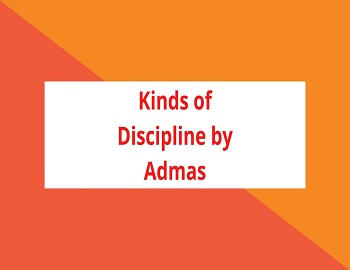
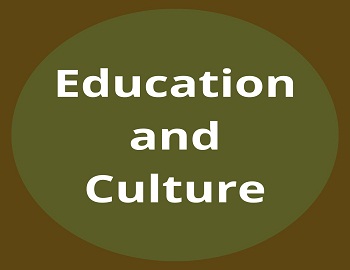
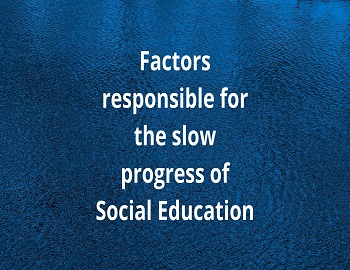




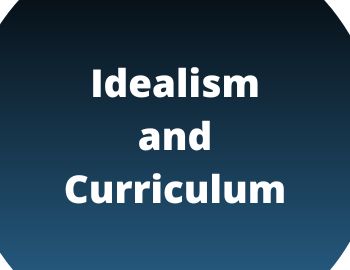
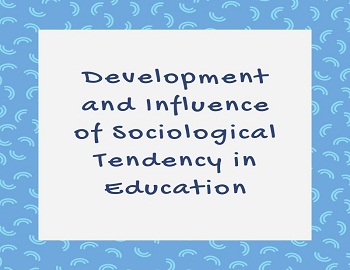
Comments (No)